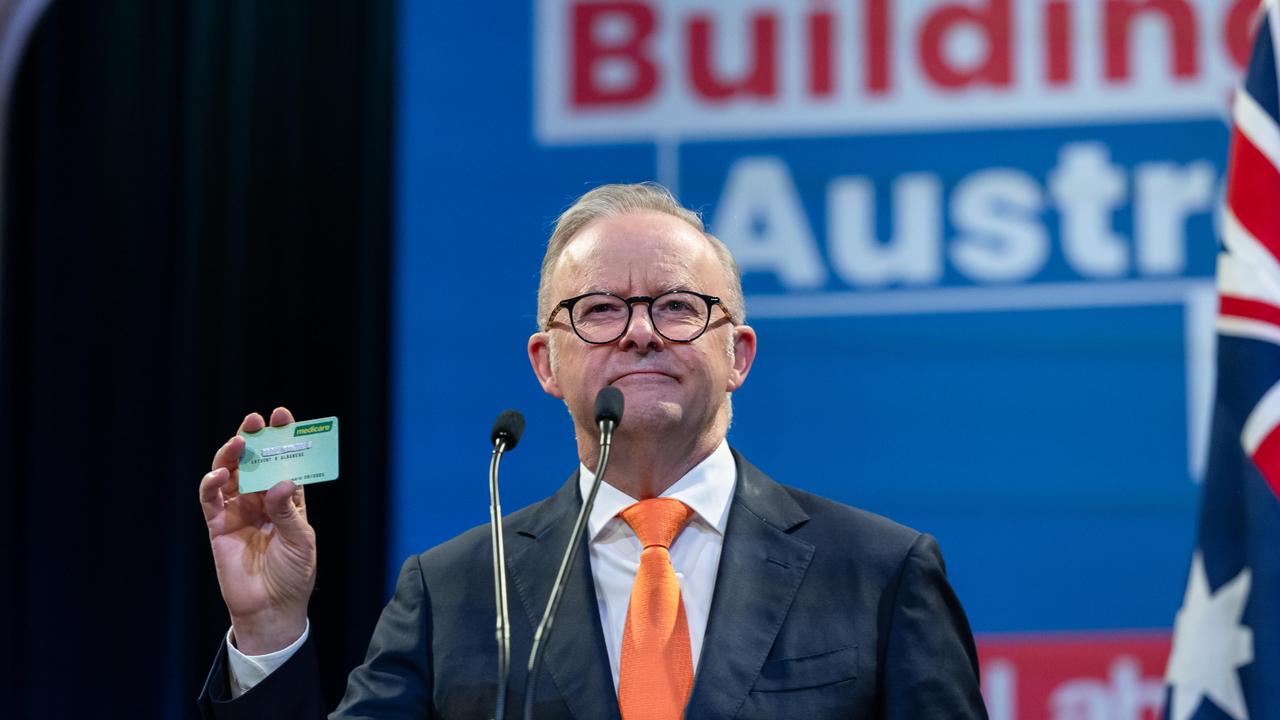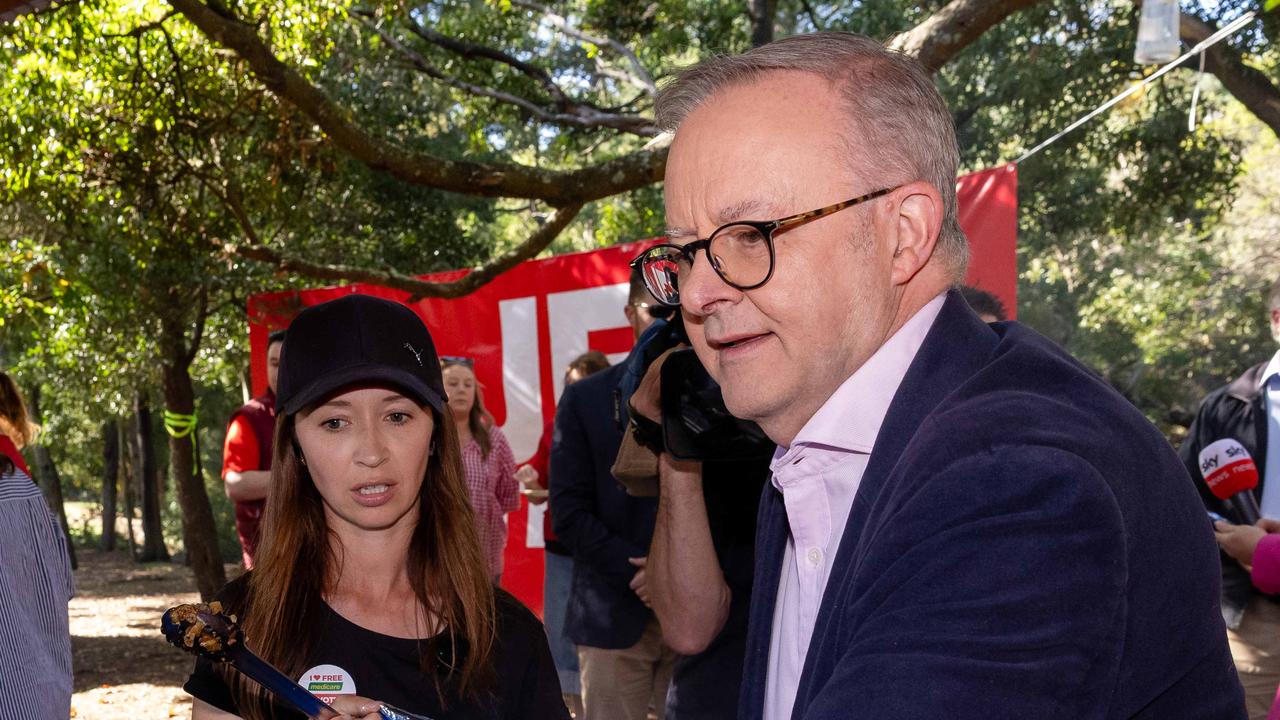
It’s a question federal parliament will soon have to answer as the Albanese government sets about introducing a national anti-corruption commission.
If Victoria’s experience with the state’s Independent Broad-based Anti-corruption Commission is any guide, the answer isn’t as easy to find as it might seem.
Victoria created a two-pronged overwatch structure to keep an eye on IBAC, but both prongs – the Victorian Inspectorate and parliament’s integrity and oversight committee – are now facing serious questions about their own performance.
The VI is charged with monitoring the conduct of IBAC, and is the first stop for people with a complaint against the powerful agency that can raid homes and offices, tap phones, deploy hidden cameras, conduct undercover surveillance and cross-examine witnesses in livestreamed hearings.
The little-known watchdog’s watchdog tables an annual report in parliament reviewing how it handled complaints against IBAC during the year. Aside from this, its work goes largely unnoticed by the public.
Operation Sandon witnesses believe the VI has shown itself to be too close to IBAC and as a result failed to treat warnings that witnesses were a suicide risk seriously. The primary piece of evidence supporting this contention is strong; a complaint was sent to the VI on April 18, 2021, warning that lives were in danger as a result of IBAC’s conduct in Operation Sandon.
The VI took seven months to respond to the complaint and its 10-page letter on November 22, 2021, cleared IBAC’s conduct. Witnesses say the VI started taking their welfare concerns seriously only after the suicide of former Casey mayor Amanda Stapledon in January 2022, three days after she received IBAC’s draft report.
Parliament’s Labor-led integrity and oversight committee is facing even more serious questions about its ability to oversee IBAC, and its independence from the Labor government.
Having ordered an inquiry into witness welfare in the wake of Stapledon’s suicide, and calling on individuals to make submissions, the IOC has done an about-face and decided witnesses will not be allowed to testify in public hearings.
Labor chair Harriet Shing left the witnesses in no doubt that they would get their chance to testify when she called for public submissions in March. Now that’s not the case. More than six Operation Sandon witnesses made submissions but the IOC has judged all of them are a “high risk” of making a “prohibitive disclosure” about the investigation and therefore they won’t be heard.
This follows Shing’s decision to “cut the feed” on a livestream hearing when Liberal MP Kim Wells tried to ask IBAC commissioner Robert Redlich about why her political boss, the Premier, has twice been questioned in private in anti-corruption investigations, including Operation Sandon.
IBAC points to a complex framework it must stick to in deciding who gets a public or private examination. It’s entitled to its defence. But the Premier’s treatment in Operation Sandon smells of double-standards.
Parliament is obligated to test IBAC’s justification for torching a bunch of suburban councillors in public while offering the state’s most powerful man a fireside chat in private.




How do you investigate the investigators?